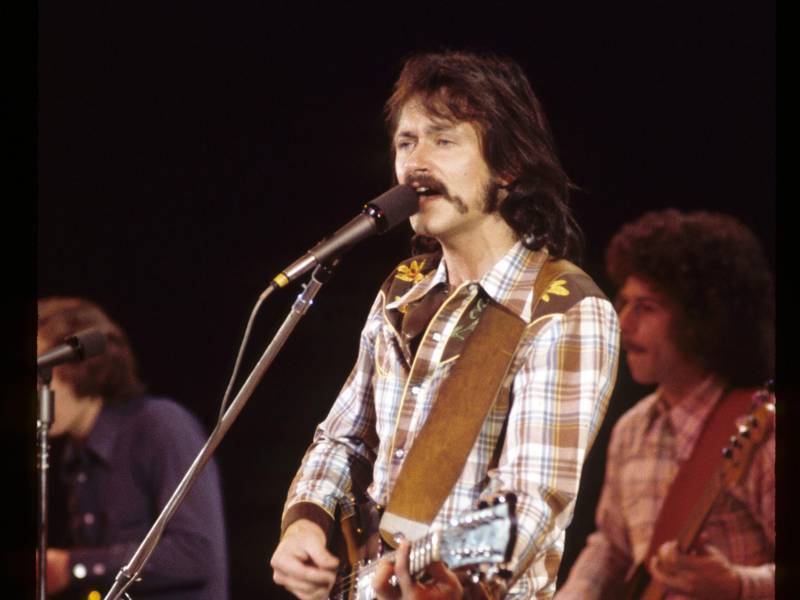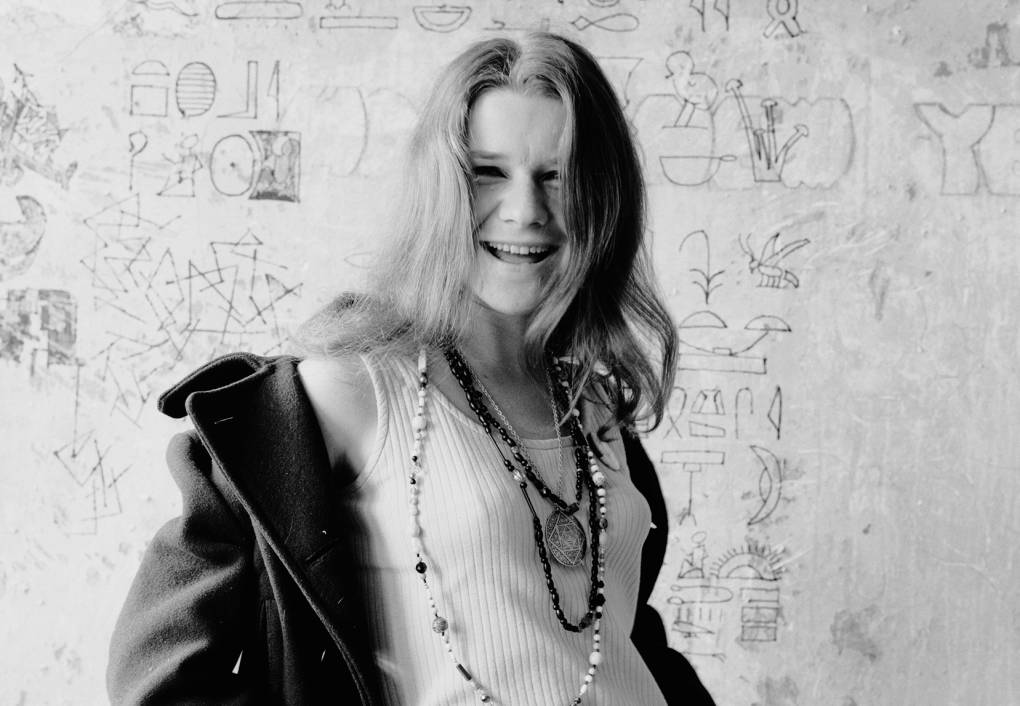He demonstrated early aptitude on the latter instrument on a pair of solo albums, led by 1964’s spare, folk-leaning The Soul of a City Boy, before founding The Youngbloods as a duo with Jerry Corbitt. The group eventually expanded to a quartet although the rollicking 1967 minor chart hit “Grizzly Bear,” which sounded like a grittier Everly Brothers, reflected the vocal chemistry of Corbitt and Young.
Upon Corbitt’s departure from the band, Young took more of a songwriting lead starting with 1969’s Charlie Daniels-produced Elephant Mountain — highlighted by the fiddle-driven, psychedelic-folk standout “Darkness, Darkness” and the more tranquil “Sunlight.” Robert Plant later received a Grammy nomination for a cover of the former song, while Three Dog Night covered the latter.
After The Youngbloods’ 1972 dissolution, Young focused on his solo career, releasing a string of well-received albums that led to stints opening for Eagles and Crosby, Stills, Nash & Young. The eclectic 1973 LP Song for Juli touched on blues, folk, rock and zydeco, while 1974’s Light Shine and 1975’s Songbird both reached the U.S. Top 40 on the strength of his empathetic tenor voice and well-crafted songs. At the end of the decade, Young reinforced his long-held activist beliefs, performing “Get Together” at the No Nukes concert in Battery Park.





